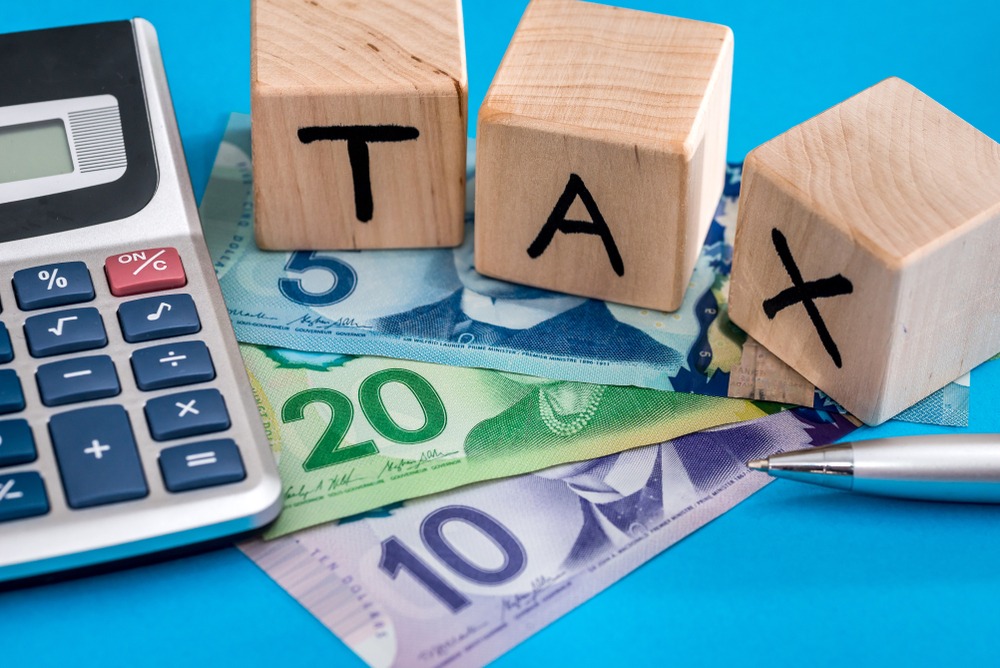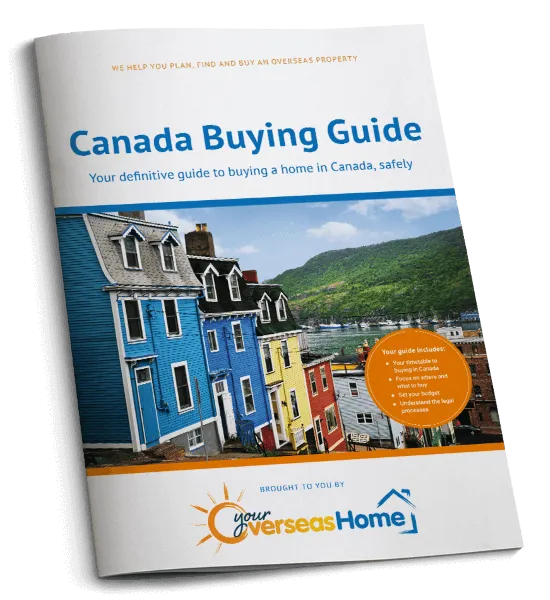We know that Canada is big-hearted, has fantastic local services and “free” healthcare. But do you pay for all that in massive taxes? After all, it’s also a pretty wealthy country too. So we crunched the numbers to find out.
If you’re planning to relocate to Canada, you’ll want an understanding of the Canadian tax system to ensure you are compliant with local tax laws. In Canada, taxes are set by the federal and provincial government and are collected by the Canadian Revenue Agency (CRA). The types of taxes you may need to be aware of as an expat or retiree in Canada are income tax, government sales tax (GST), provincial sales tax (PST), and property transfer tax (PTT) if you are buying real estate in Canada.
Federal income tax
The Canadian income tax system, like the UK, is a progressive tax system, meaning the amount of tax payable is determined by an individual’s income. In 2018 income tax rates are as follows:
- 15% on the first $46,605 of taxable income
- 20.5% on the next $46,603 of taxable income (on the portion of taxable income over 46,605 up to $93,208)
- 26% on the next $51,281 of taxable income (on the portion of taxable income over $93,208 up to $144,489)
- 29% on the next $61,353 of taxable income (on the portion of taxable income over 144,489 up to $205,842)
- 33% of taxable income over $205,842.
Income tax is taxed at both the provincial and federal level. The tax system is self-assessed, meaning you are responsible for conducting your own taxes each year. The income tax year follows the calendar year in Canada with taxes due at the end of April.
So, will you pay more than in the UK? We ran the numbers for tax in Canada for an income of C$100,000 (£57,600). Your income after Federal and Provincial income tax plus health premiums would be $72,140. This is equivalent to £41,572 (at today’s exchange rate). And for the same income income in the UK? You would have take-home pay after tax and national insurance of £41,369. So you are £202 better off in Canada over the course of a year!
Provincial Sales Tax (PST)
Provincial sales tax is a consumer tax. Businesses selling physical goods will need to pay PST and will charge this on their sales. Each province has a different rate for this tax. PST is generally remitted by the seller of goods and services at tax time.
Goods and Services Tax (GST)
Goods and Services Tax (GST) is charged at a rate of 5% and is payable on purchases of goods and services in a Canada. Some parts of Canada pay HST, which combines GST and PST. The Canadian government breaks down consumer tax rates and types in each province for more information. As a consumer and a business owner it’s important to be aware of this consumer tax. Certain items are rated exempt from GST. Some of the excluded items include food, used residential housing (new construction attracts GST), most healthcare services, legal aid services plus a few other products and services.

Understand your tax obligations before moving to Canada
Property Transfer Tax
Property Transfer tax (which is sometimes called Land Transfer Tax) is incurred when a property in Canada is sold – it is typically paid by the purchaser. This tax is not applicable in all provinces. If you plan on buying property in Canada, it’s important to know how much property transfer tax you will pay.
To see how many Canadian dollars you will get for your pounds, get a free, no-obligation quote from Smart Currency Exchange.
Taxes as a non-resident of Canada
Non-residents may still need to pay taxes in Canada so it’s important to know which taxes could be levied and how this could impact your estate in Canada and the UK. Determining your tax status, as the distinction between resident and non-resident for tax purposes isn’t always clear. If you are in fact a non-resident for tax purposes you are expected to pay taxes on all Canadian derived income.
Other taxes that may apply to you if you’re doing business in Canada include import/ export tax and corporate tax. Speaking with a tax professional is advised if you intend to work in Canada as an employee or business owner, or if you plan on buying or selling property.







